Why does the ERP and CRM combination make sense for your manufacturing business? Let’s get one thing off the beaten path - integrating your Enterprise Resource Planning (ERP) software which permits you to oversee finance, stock, and receivables with your Customer Relationship Management (CRM) software which oversees relationships and customer support will give immense ROI changes on both programs.
Actually, there are various reasons why organizations combine their CRM and ERP solutions. Manufacturers with sales transactions see instant advantages profits in the 'order to cash' process. Particularly, the major cost savings come from the reduction of errors in the entry of orders, implementation of swift approval workflows for discounts and reducing the need for manual labor to make the entries in both the ERP and the CRM.
There are numerous advertising advantages connected with incorporating CRM and ERP, for example, greater understanding of the client base. ERP programs store clients' budgetary association with the organization; CRM solutions save their purchase patterns and advertising demographics. Binding together these two sources of client information can help businesses ensure that their sales, advertising, and administration expenditures are focusing on their most profitable clients and prospects.
Today, "when" implies "now". In today's competitive market for manufacturers, real-time and on-demand data availability is not an extravagance - it is a need. CuriousRubik is the leading ERP and CRM product & services specialists for the mid-sized commercial enterprises. With Netsuite, CuriousRubik’s ERP and CRM platform, CuriousRubik is positive that on-premise conventional ERP's are the establishment for an efficient business and there will always be a requirement to compliment the central ERP framework by including high performance amplifications to those frameworks.
There are four key areas that each organization should consider when combining its CRM and ERP frameworks. Netsuite’s expert consultants will be able to address these business issues with you so they are integrated perfectly:
Contact & Account Integration
Both ERP and CRM systems hold contacts and record data, with ERP focused on transportation addresses and billing, and CRM on prospects and sales/support.
Item Integration
The CRM program should provide access to the items that are held in the ERP if accurate procedure incorporation is set to be accomplished (for instance, permitting sales reps to view, bills of material with ongoing and on-demand information of your organization).
Quote and Order Management
This is essential if an organization is set to transform proposal era (made in CRM) into real requests (executed and followed at the ERP level).
Product/order/invoice Repository
One of the capacities of the ERP/CRM combination ought to be to give your sales reps accessibility to the status of the request, and in addition to make and track changes.

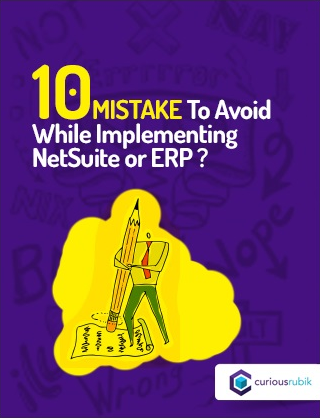
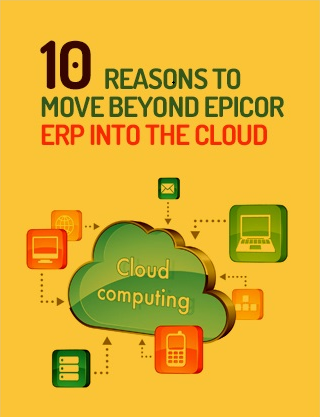
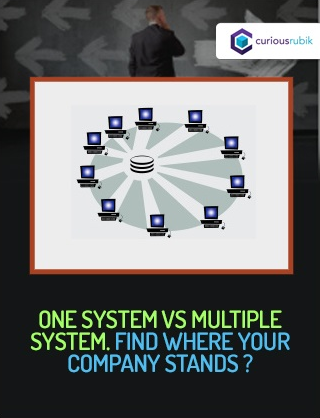
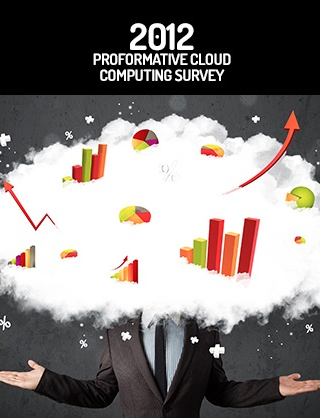
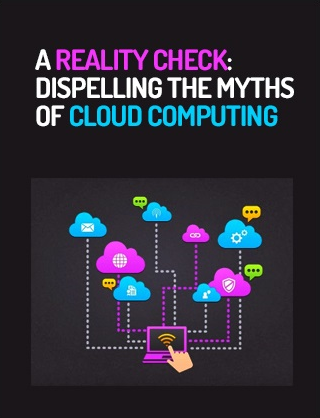
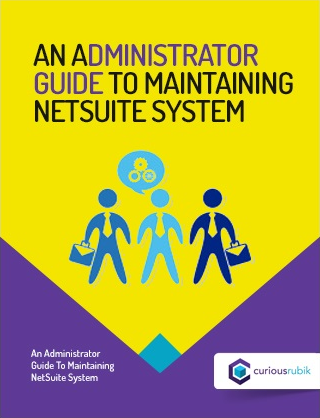
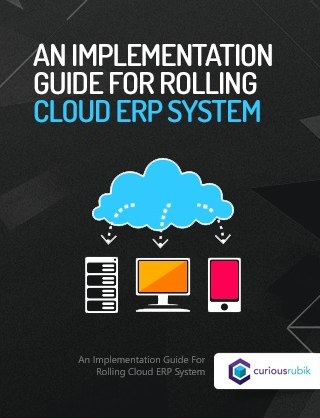
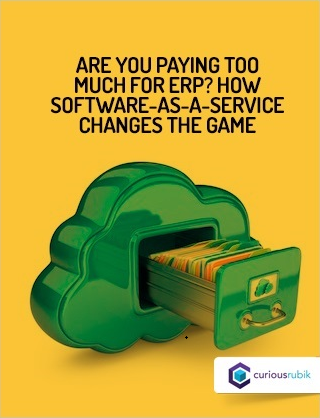
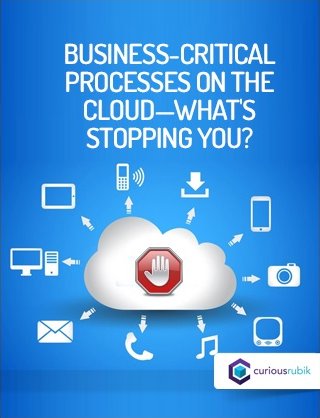
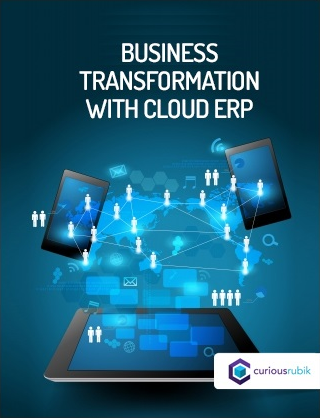
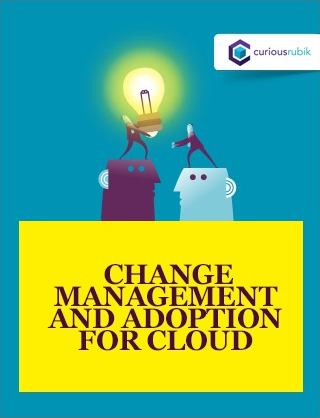
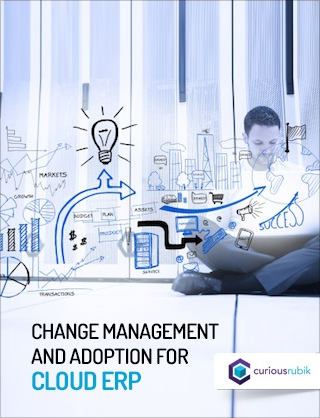
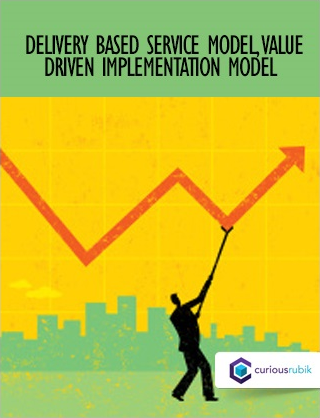
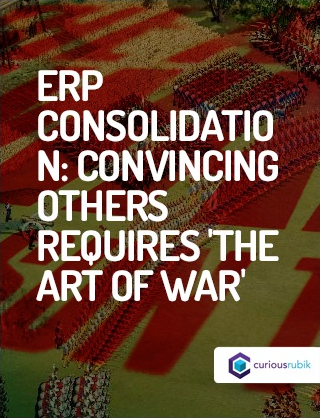
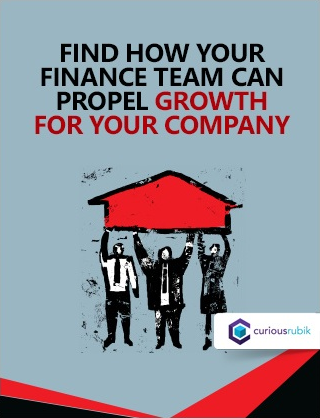
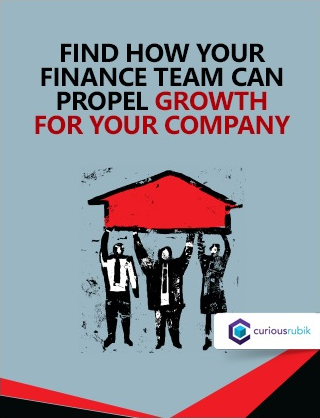
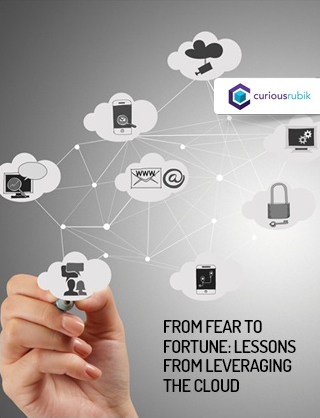
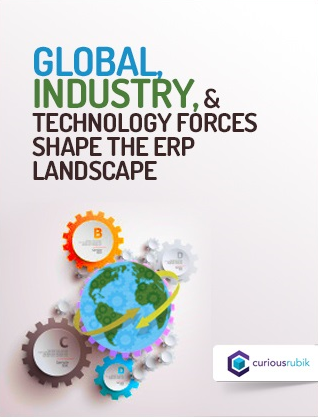
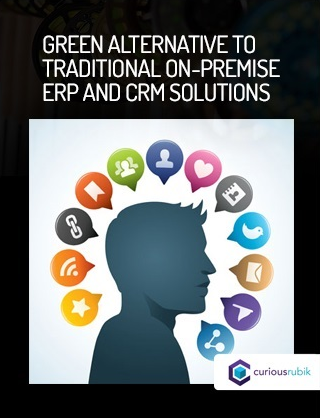
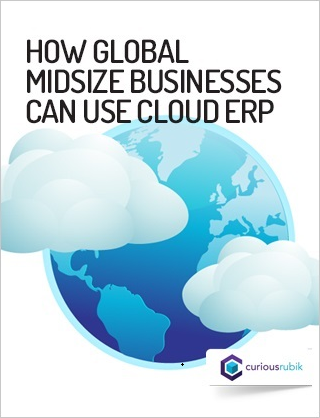

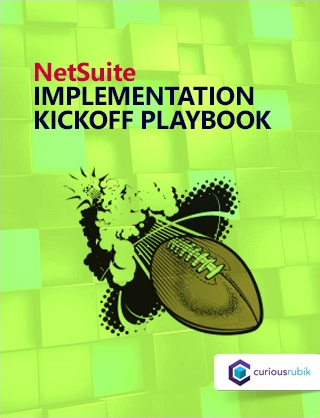
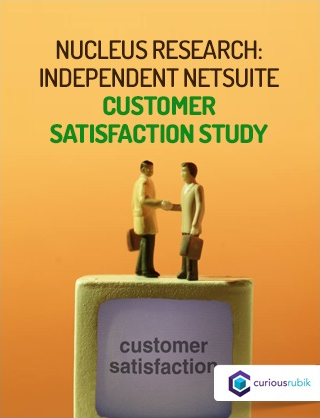
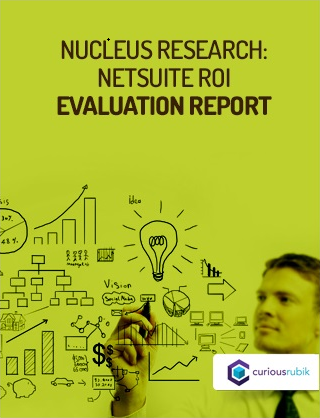
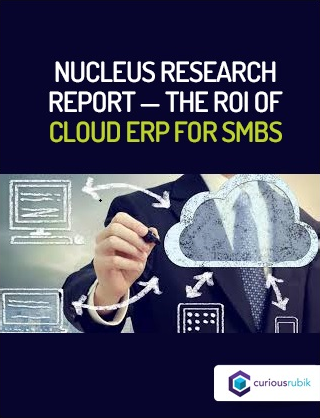
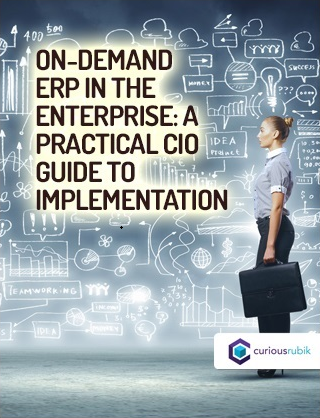
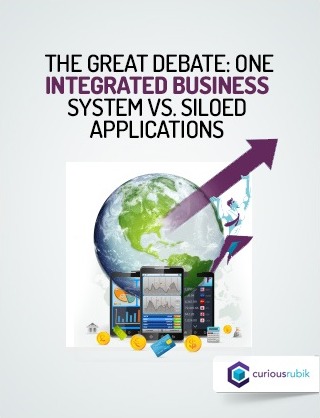
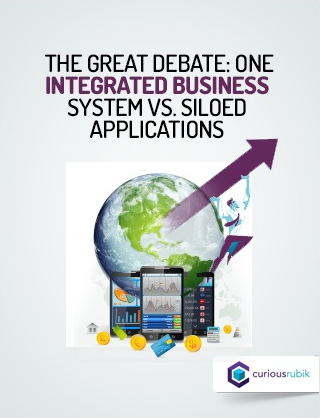
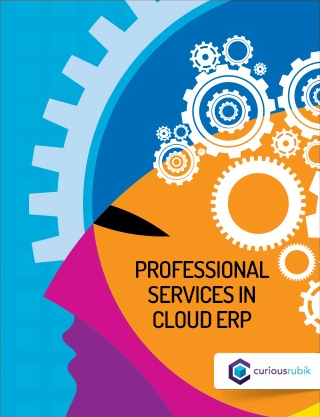


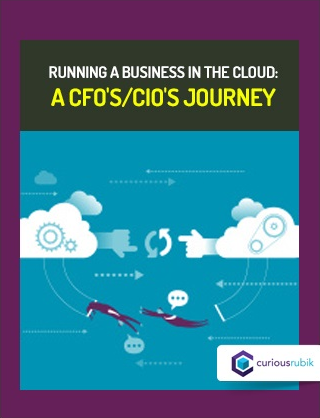
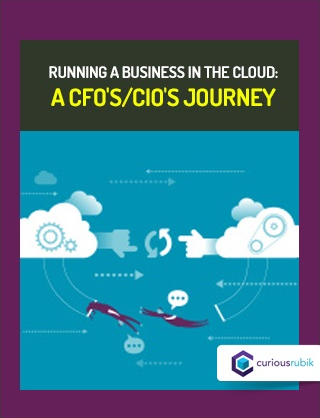
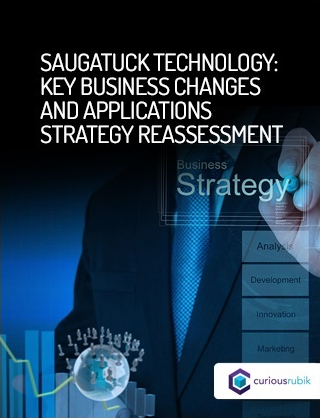
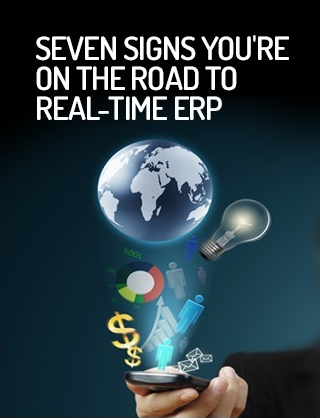

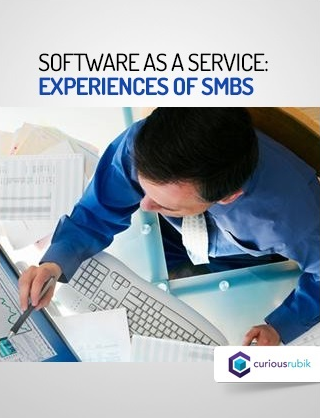
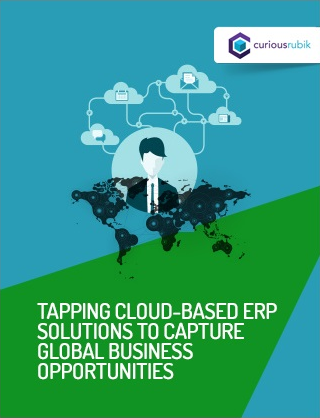
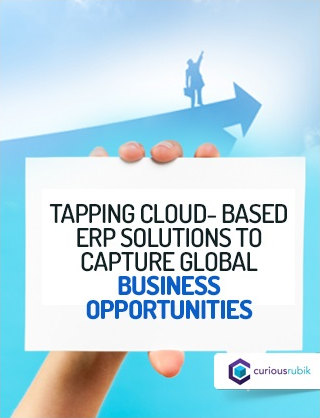
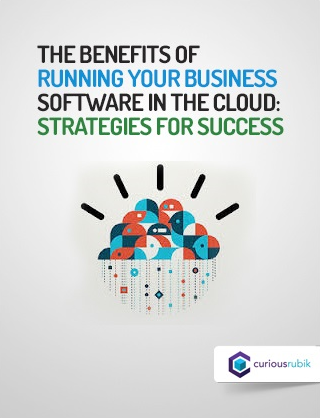
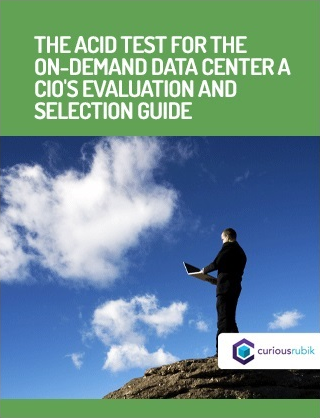
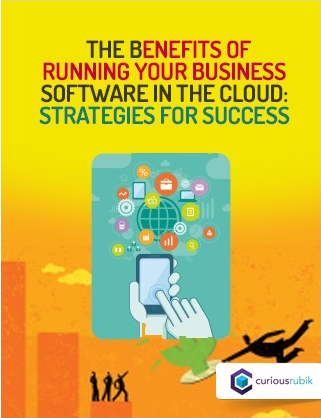
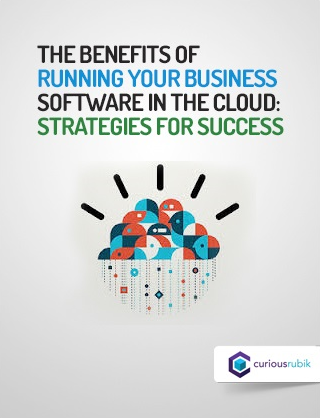
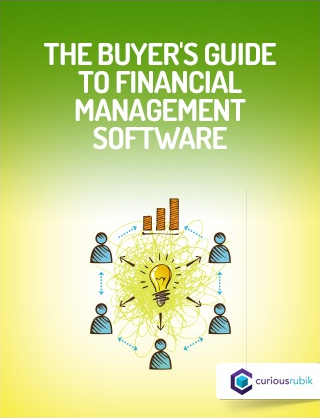
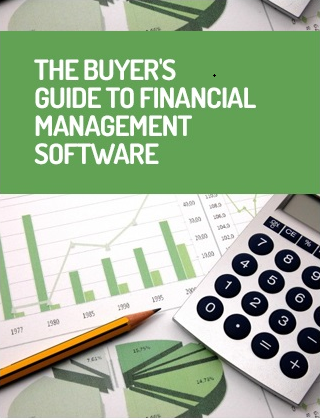
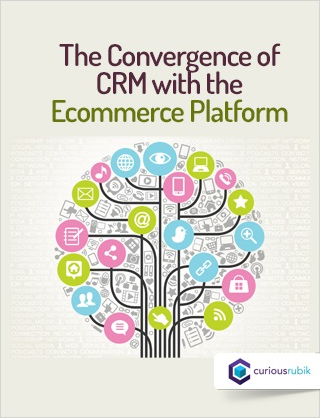
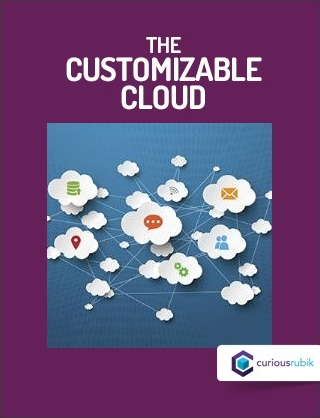



















 Twitter
Twitter Linkedin
Linkedin Youtube
Youtube Google +
Google + Face Book
Face Book